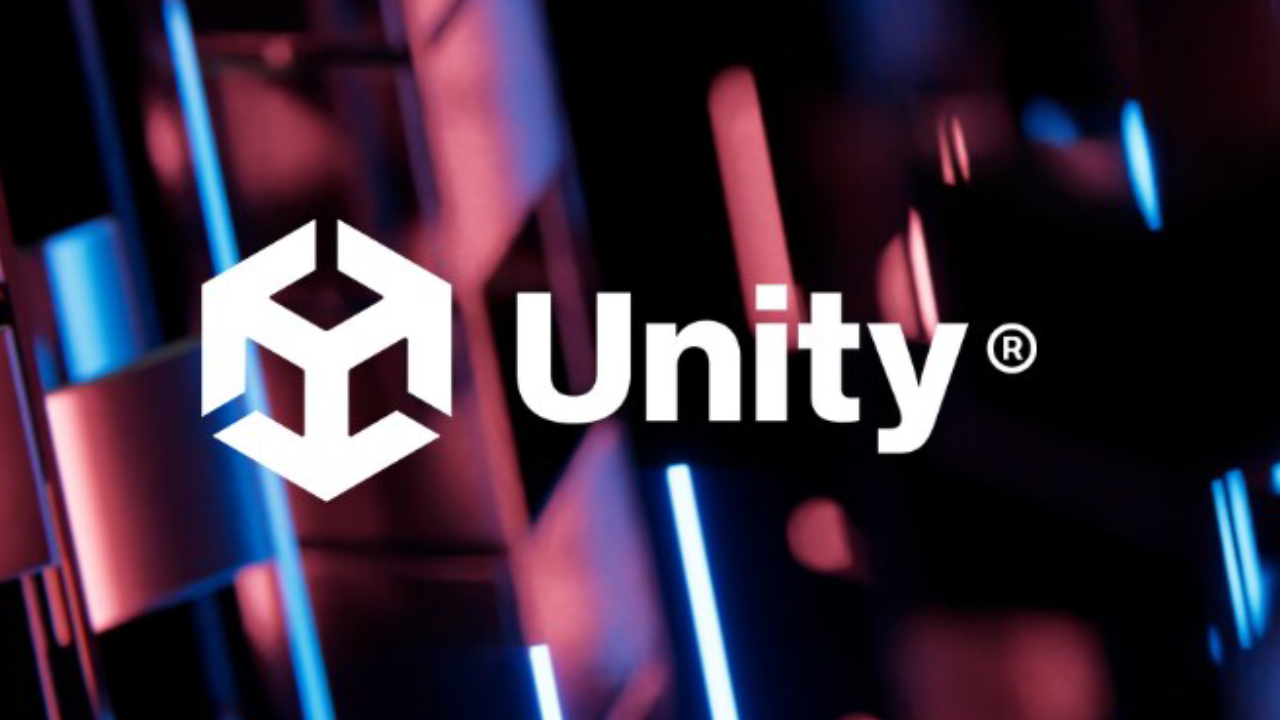- Unity, the popular game engine, has announced sweeping changes to its fee structure.
- Subscribers will have to pay Unity for every time the game is installed once certain criteria are reached.
- Unity have also done away with its mid-tier Plus subscription, leaving developers fewer, more expensive choices for similar tools.
The most popular engine for independent developers to build videogames, Unity, announced sweeping changes to its subscription fees structure on Wednesday, leaving the indie dev community up in arms. Most changes will come into effect on 1st January 2024.
Among the changes is the removal of the mid-tier Plus subscription and the introduction of a runtime fee which charges the developer for every time a customer buys and installs their game.
Today we announced a change to our business model which includes new additions to our subscription plans, and the introduction of a Runtime fee. We wanted to provide clarifying answers to the top questions most of you are asking.
— Unity (@unity) September 12, 2023
Yes, this is a price increase and it will only…
“We are introducing a Unity Runtime Fee that is based upon each time a qualifying game is downloaded by an end user. We chose this because each time a game is downloaded, the Unity Runtime is also installed. Also we believe that an initial install-based fee allows creators to keep the ongoing financial gains from player engagement, unlike a revenue share,” Unity, the company, explains in a blog post.
Unity Runtime fees
It says that it will introduce a threshold of installs and revenues to protect the smallest of developers. For example, game developer subscribers of Unity Personal and Unity Plus will need to hit 200 000 lifetime installs of their games and have made $200 000 USD or more in the last 12 months.
Meanwhile, Unity Pro and Unity Enterprise subscribers will see a runtime fee threshold of $1 million in revenues for the last 12 month and 1 million lifetime installs. “We set high revenue and game install thresholds to avoid impacting those who have yet to find scale, meaning they don’t need to pay the fee until they have reached significant success,” it adds.
Once these criteria are reached Unity will begin charging developers for each install of their games built using the engine.
The runtime fees depend on the subscription tiers, with Pro and Enterprise developers being charged as little as $0.01 per install, and Personal and Plus subscribers charged $0.20 per install.
Developers in “emerging markets” will be charged less with no runtime fee exceeding $0.02. This includes subscribers not based in the United States, Australia, Austria, Belgium, Canada, Denmark, Finland, France, Germany, Ireland, Japan, Netherlands, New Zealand, Norway, Sweden, Switzerland, South Korea, and the United Kingdom.
It will also retire the mid-tier Unity Plus subscription effective today 13th September 2023. This subscription is favoured by smaller devs, somewhere between hobbyists and full studios, which brings better game development tools than those included in the Personal tier.
“Unity Plus is being retired for new subscribers effective today, September 12, 2023, to simplify the number of plans we offer,” the company writes, adding that existing subscribers will have until mid-October this year to upgrade to Unity Pro with a discount offer.
This offer is to upgrade to Unity Pro for the same price as Unity Plus, but only for one year.
Squeezing devs for more money
What does this mean to us? Unity is feeling the pinch and is tightening the ship. The tech industry is reeling from the global economic downturn, with hardware manufacturers (not named NVIDIA) reporting declining profits and thousands of companies around the world forced to enact layoffs.
The move to seek more profits from developers mirrors what Reddit embarked on concerning fees for its API. This too was met with backlash from users.
Will these fee changes push developers to Unreal 5? Probably not, as Epic’s engine is aimed at larger studios than the one guy making the next Undertale in his mother’s basement (we know Undertale isn’t a Unity game it’s just an example), but it could lead to the loosening of Unity’s grip.
Unity’s development tools are popular because of their simplicity and their enormous adaptability, but devs might flee the higher fees to work with less popular engines like OGRE, the engine that Kenshi was built on or even Undertale’s GameMaker.
OGRE is free to use, for example, and Kenshi has over a million units sold on Steam. Not one cent going to the OGRE developers, all to the fine folks at LoFi Games. It’s up to developers to decide if it is worth paying or learning a new engine.

